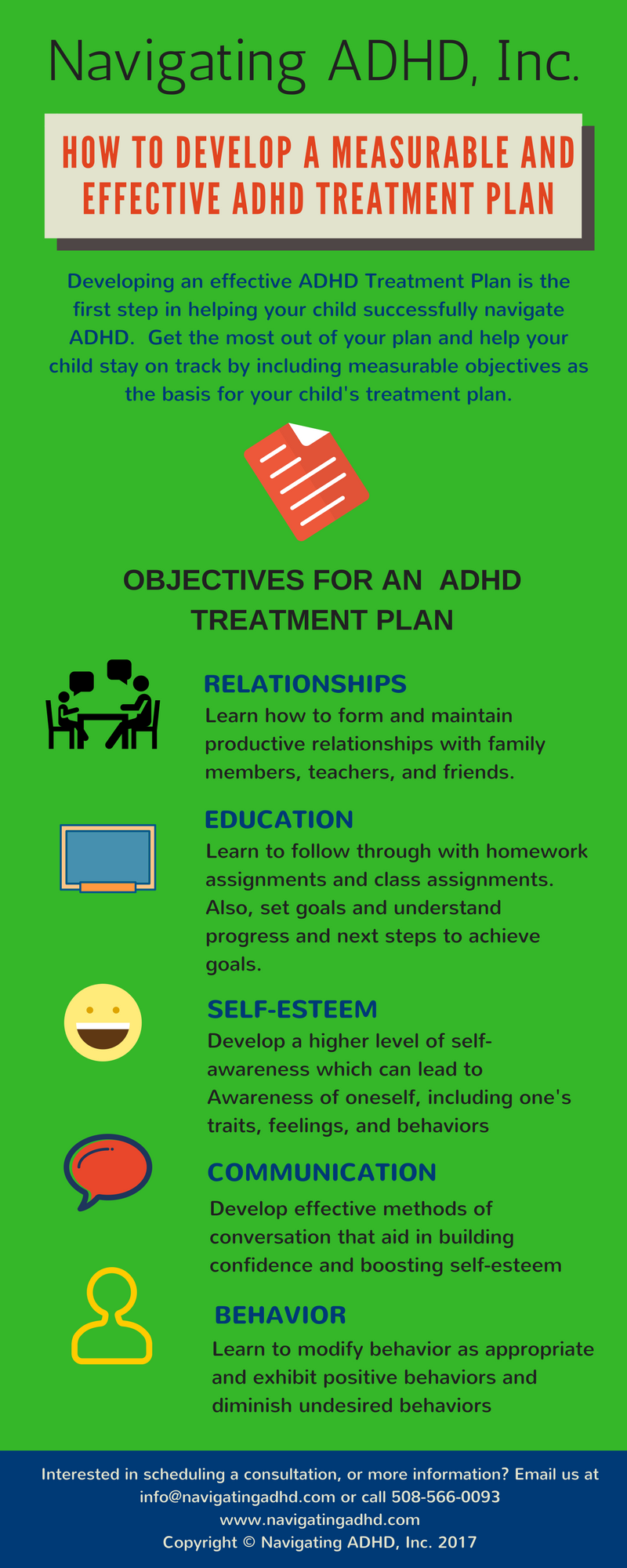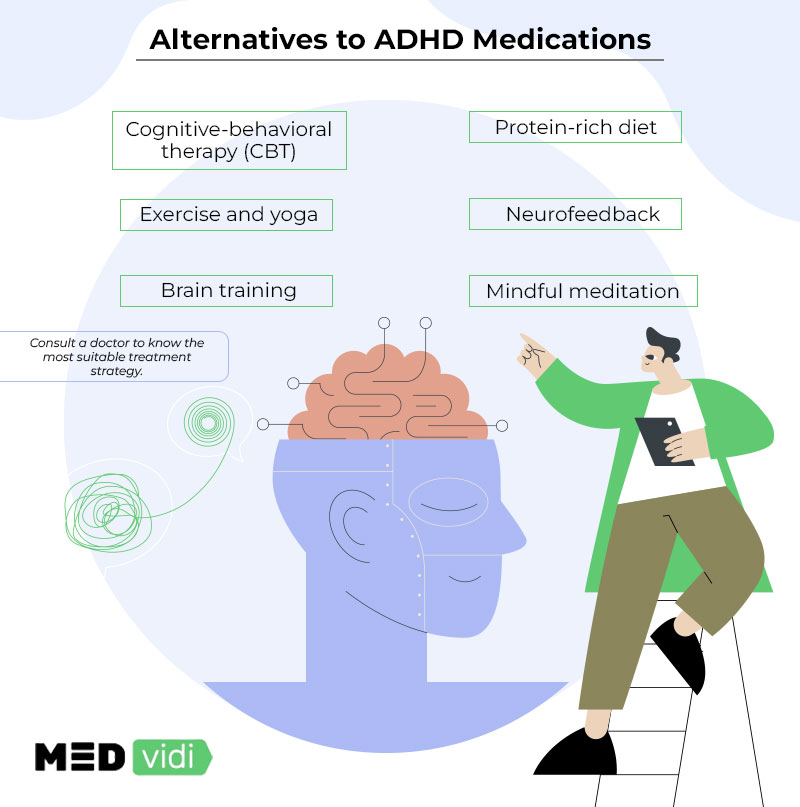Same Day Mental Health Services for Fast Access to Expert Care
Your Overview to Discovering the Right ADHD Treatment for Long-term Results
Browsing the complexities of ADHD therapy requires a nuanced understanding of both the disorder and the myriad options available for effective administration. It is vital to acknowledge that what benefit one person may not always yield the exact same outcomes for another. Hence, a customized method-- including professional assistance, medicine, behavior techniques, and way of life changes-- becomes critical. Nevertheless, the trip towards identifying the most appropriate therapy strategy can be stuffed with challenges. What are the key aspects that influence effective results, and exactly how can people guarantee they get on the appropriate path?
Recognizing ADHD and Its Effect

In adults, ADHD can cause challenges in work environment settings, influencing performance, time monitoring, and social connections. Typically, undiagnosed or improperly managed ADHD can contribute to co-occurring mental health and wellness issues, such as anxiousness and anxiety, further making complex a person's general well-being.
The social perception of ADHD can differ, causing stigma and misconception, which may hinder people from seeking help. As understanding expands, it is vital to cultivate a setting that promotes understanding and assistance for those impacted by ADHD, stressing the requirement for exact diagnosis and customized techniques to minimize its effect on daily life.
Overview of Treatment Alternatives
A detailed method to treating ADHD includes a range of options tailored to the individual's distinct needs. These options can extensively be classified into behavioral interventions, psychoeducation, and way of living alterations, alongside medicinal treatments that may be explored later on.
Behavior treatments, such as cognitive-behavioral therapy (CBT), concentrate on customizing specific habits and establishing coping techniques to take care of signs properly. Psychoeducation plays a crucial function in empowering both individuals and their households by offering information concerning ADHD, its obstacles, and reliable techniques for support.
Way of life modifications can substantially influence ADHD management. Routine physical activity, a well balanced diet regimen, and adequate rest contribute to overall wellness and symptom control. Mindfulness methods and relaxation methods can also improve focus and lower impulsivity.
Support groups and household treatment can cultivate a feeling of area and understanding, assisting individuals really feel much less isolated in their experiences. Each treatment option should be thought about combined with the individual's preferences and conditions, making sure an alternative method that promotes lasting success. Ultimately, the goal is to create a customized treatment plan that attends to the particular my company challenges connected with ADHD while boosting total lifestyle.
Medication: Pros and Disadvantages
Drug plays an essential function in the therapy of Read Full Article ADHD, with many alternatives available that can considerably reduce symptoms for several individuals. Energizers, such as methylphenidate and amphetamines, are frequently suggested and have actually shown performance in improving emphasis, minimizing impulsivity, and improving total behavior. These drugs work by enhancing dopamine and norepinephrine levels in the mind, which are commonly dysregulated in those with ADHD.
Nonetheless, the use of medication is not without its challenges. Some individuals might experience adverse effects, consisting of sleeping disorders, lowered hunger, or increased anxiousness. Discovering the ideal dosage can be an experimental process, needing close monitoring by medical care specialists. In addition, not all patients react to stimulant medicines, leading some to discover non-stimulant choices, which might have a delayed beginning of action or various negative effects.
It is vital for individuals and their family members to weigh these pros and cons thoroughly. Balancing the benefits of symptom monitoring against prospective negative effects is crucial for achieving optimum treatment outcomes. Collaboration with healthcare suppliers can facilitate informed decisions, ensuring that drug belongs to a detailed ADHD management plan.
Behavior Modification Techniques

One commonly utilized technique is Cognitive Behavioral Treatment (CBT), which assists people determine and transform negative thought patterns that contribute to ADHD-related challenges. Therapist for ADHD. Through CBT, clients find out to set sensible objectives, take care of time successfully, and develop business systems
One more reliable method is Moms and dad Administration Training (PMT), which informs parents on how to reinforce positive behaviors and minimize adverse ones through regular technique and interaction methods. This approach fosters an encouraging home setting that motivates behavioral enhancements.
Social skills training is also integral, helping people with ADHD navigate social interactions much more efficiently. Role-playing and modeling appropriate actions can boost social parenting counseling near me skills and decrease anxiety in social scenarios.
Way Of Living Adjustments for Better Administration
How can way of living changes dramatically improve the management of ADHD signs? Implementing calculated lifestyle adjustments can bring about significant enhancements in emphasis, organization, and emotional law for individuals with ADHD.
To start with, developing a structured day-to-day routine assists in developing predictability, which can reduce sensations of bewilder. Consistent timetables for meals, research, and sleep can boost day-to-day performance.
Including routine physical activity is also crucial, as exercise has been revealed to boost dopamine degrees, boosting focus and motivation (Therapist for ADHD). Aiming for a minimum of half an hour of moderate exercise most days can be helpful
Nourishment plays a critical function. A balanced diet plan rich in omega-3 fatty acids, whole grains, and protein can support cognitive function. Limiting processed sugars and caffeine may minimize signs and symptoms, as these can lead to energy collisions and impatience.
Conclusion
To conclude, locating the appropriate ADHD therapy necessitates a multifaceted approach that considers individual needs and preferences. A combination of medicine, behavioral therapy, and way of living alterations can considerably enhance symptom management and total health. Involving in psychoeducation and establishing structured regimens additionally supports effective therapy strategies. Cooperation with medical care experts and open interaction with support networks are necessary elements in navigating the intricacies of ADHD monitoring, eventually causing enduring results and improved quality of life.